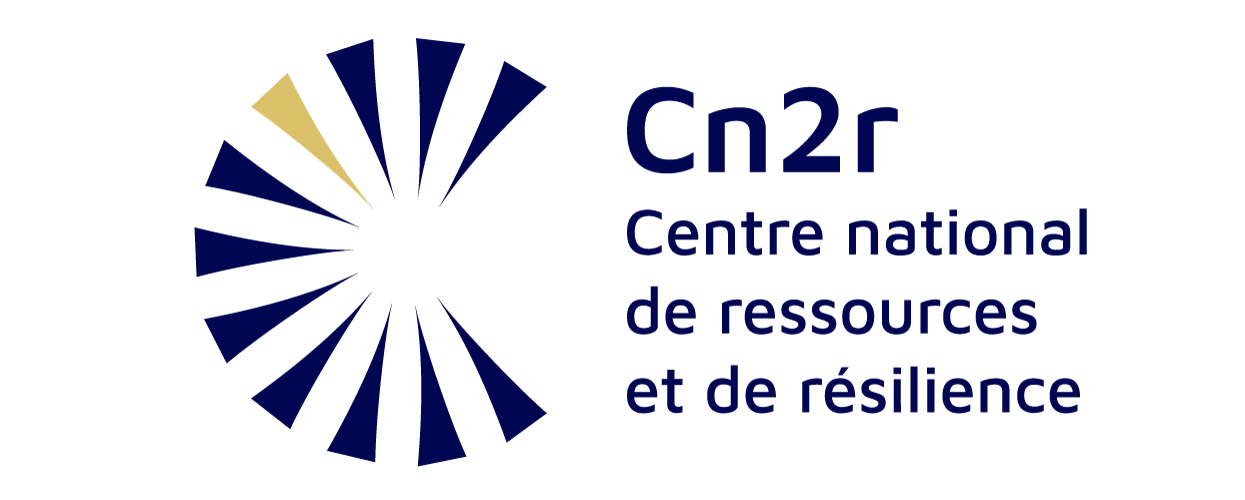Supporting a loved one
When family members (parents, children, spouses) learn that a loved one has been the victim of a very violent event, they may also experience it as a trauma, even if they were not present at the time.
This is even more common when a loved one has been injured or killed. These upheavals are often temporary. They take the form of worries, anxious reactions or stress. Sometimes, however, they take hold over time and can develop into post-traumatic stress disorder (PTSD), depression or complicated grief.
It's important to keep a close eye on the health of each family member.
Sometimes, several members of the same family are victims of the same traumatic event.
Even if they've been through it together, everyone reacts in their own way, and may express their suffering later or later, and in different ways. It's also common, for example, for everyone to keep quiet and pretend to be fine, so as not to add to the suffering of others.
When someone suffers from post-traumatic stress disorder (PTSD) over time, their family often ends up not understanding them.
People may also be reluctant to explain what they're going through to those close to them, because they feel ashamed or guilty, or are afraid of hurting their feelings or worrying them. These situations are difficult because they can damage relationships, sometimes to the point of separation, whereas talking about these problems as a couple or family, with outside help, helps a lot.
The parenting of a loved one with PTSD - that is, the way they parent - can be affected to the point of having negative effects on the child's development. PTSD also changes the way we are in the relationship, the way we are attentive to the child's needs. We may, for example, become overly anxious about the child.
When a child is the victim of a traumatic event, it can reactivate old traumatic memories in the parent, even those of events they thought they'd overcome. Sometimes both child and parent develop PTSD. Both need individual and joint support.
In the aftermath of a traumatic event, it's important to pay close attention not only to what the person is going through, but also to what the whole family is going through, even if they haven't been directly exposed. Everyone close to them may also be suffering.
The balance and cohesion of the family can also be upset.
Mutual help and support can be undermined or even disappear. But by taking all these aspects into account, and sometimes with outside help, family members can once again become a resource for each other.
It's important to raise the issue without taboos, and for the family to be supported and involved in care as much as possible.



